Yates Account
Join now
Create a Yates account today!
Sign up to join the Yates Garden Club for monthly e-mails packed with seasonal inspiration, tips for success & exclusive promotions.
Plus if you’re a Garden Club member you can take part in the Yates Growing Community - a blog to share successes, get advice & win prizes in fun challenges along the way!

Forgot password
Enter the email address associated with your account, and we'll email you a new password.

Rose bushes can be attacked by a number of pests and diseases. Here are the most common types that you might find on your precious roses.
Aphids (there are several kinds which attack roses) are the worst pests. Colonies of green, brown or pink insects cluster together on young, sappy shoots and flower buds. Thrips, also sap-sucking insects, are just visible to the naked eye and damage both buds and flowers. Two-spotted or red spider, a small mite, infests the lower surface of leaves, causing yellowing or browning and premature ageing. Some caterpillars chew holes in leaves and others roll leaves together. There are also several scale insects that attack roses.
The most serious diseases of rose plants are black spot and powdery mildew. Black spot causes small blackened areas, yellowing leaves and premature leaf fall. Humid weather, moderate temperatures and heavy night dews favour its spread. Powdery mildew produces a white powdery growth on leaves, stems and buds. It is most active in warm (but not too hot), humid weather.
Pests and diseases can be effectively controlled by sprays of insecticides, miticides and fungicides. Many gardeners prefer to use an all-purpose rose spray to control both pests and diseases rather than use individual chemicals. A number of such all-purpose sprays and dusts are available. The specially formulated Yates Super Shield Rose Spray Concentrate or Yates Rose Gun Spray Ready to Use are recommended. After winter pruning, while bushes are still leafless, spray roses with Yates Lime Sulfur Concentrate at winter strength. It will help control fungal spores and scale.
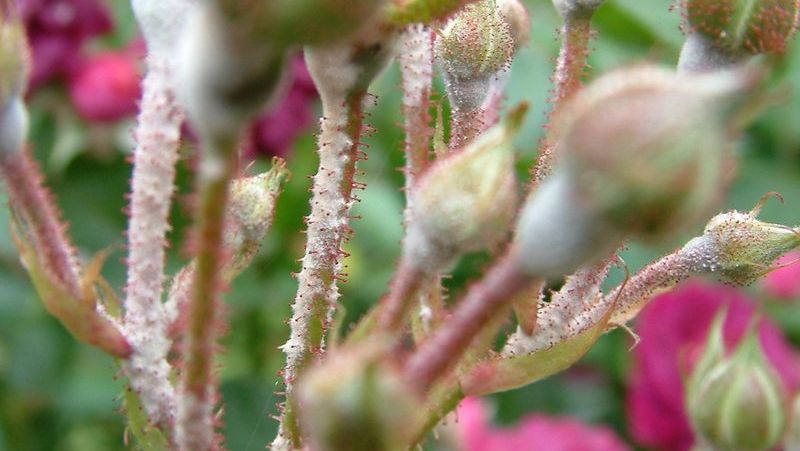



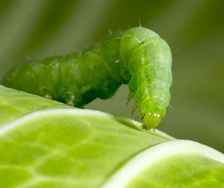
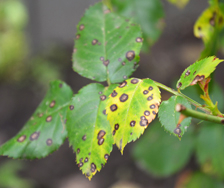
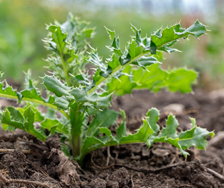
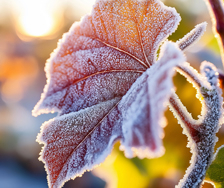








Share
Share this article on social media